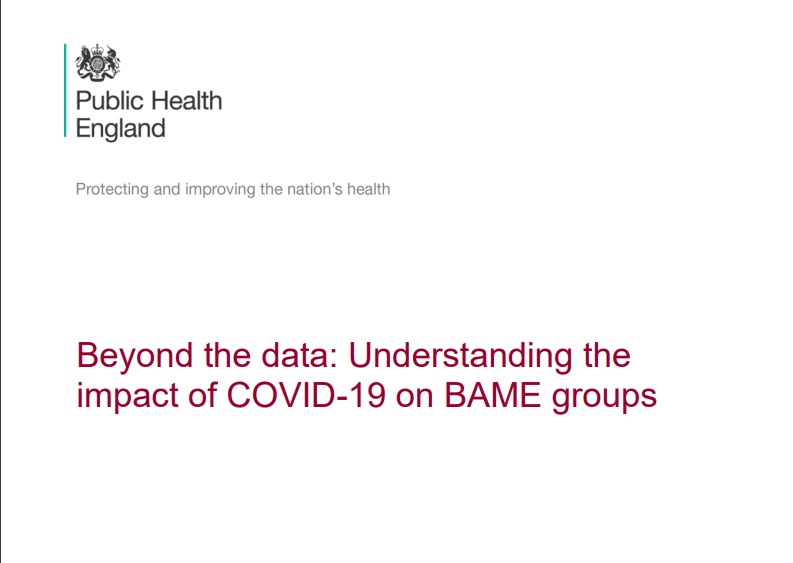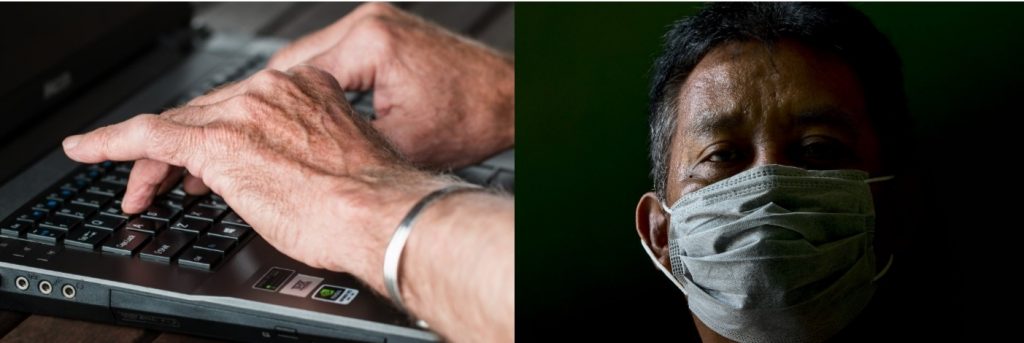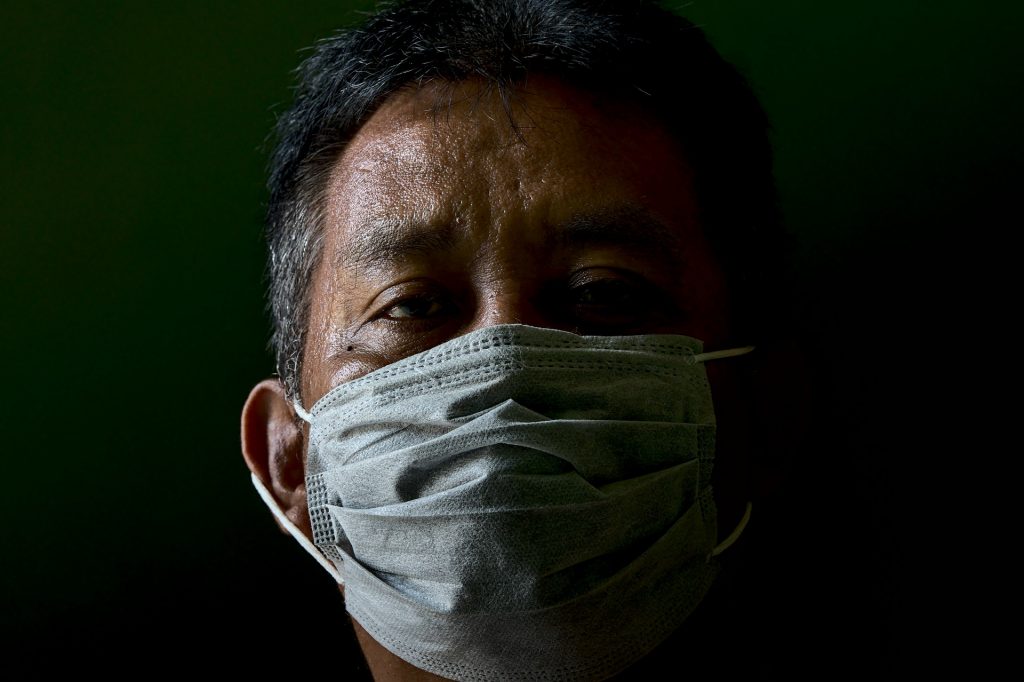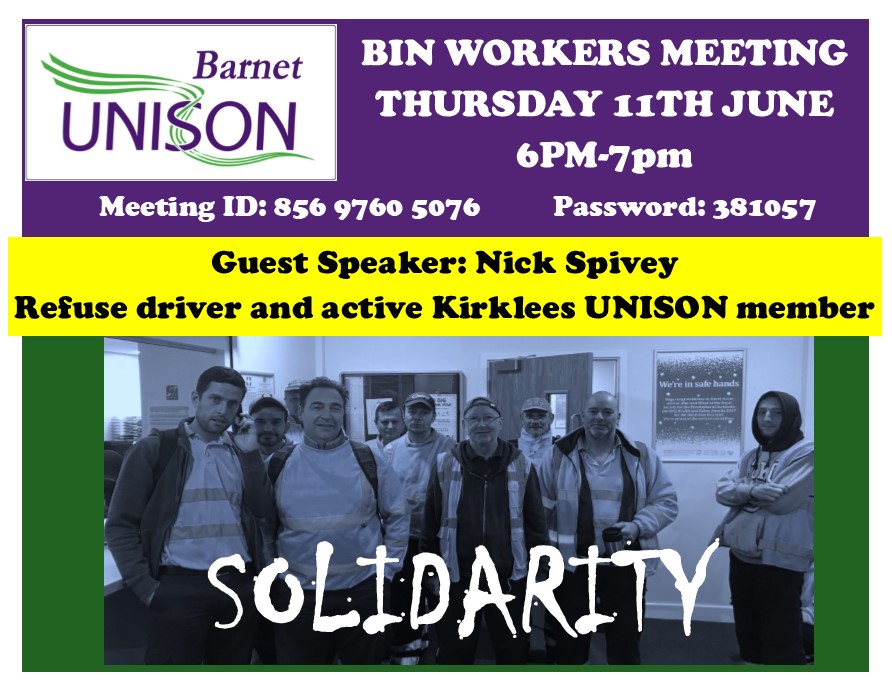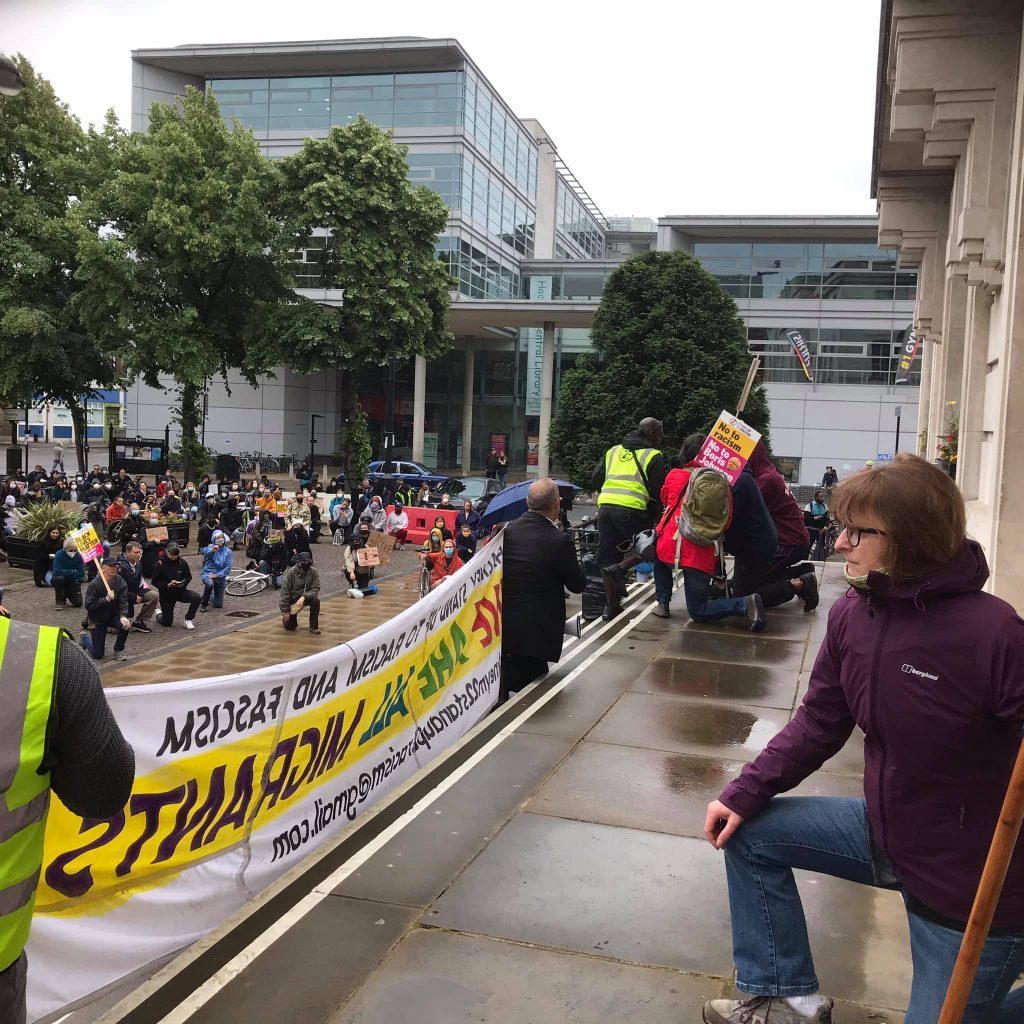BREAKINGNEWS: Mott MacDonald and Barnet Council in contract termination talks
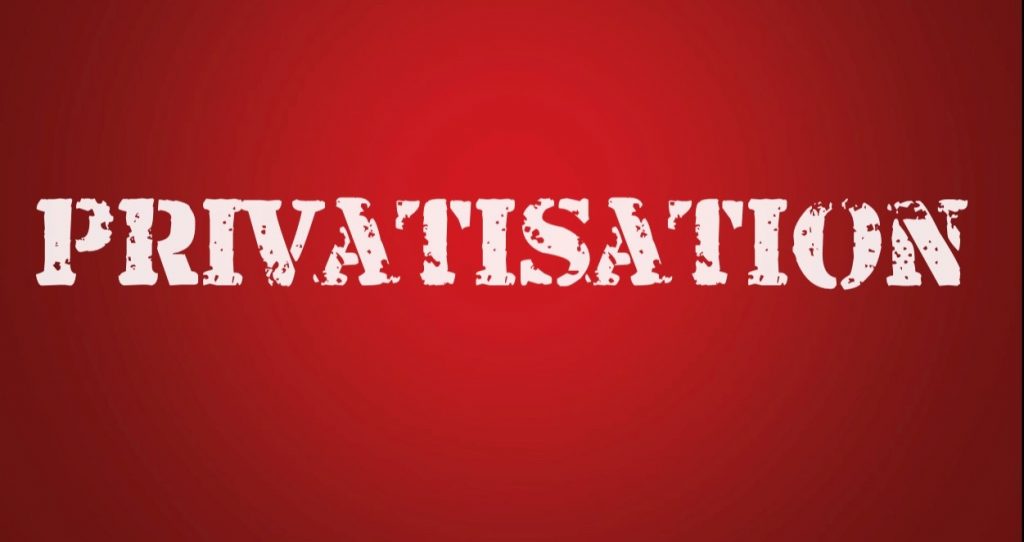
On Thursday 18 June 2020 former Barnet Council staff working for Cambridge Education were summoned to a succession of meetings where they were informed that, due to the impact of Covid19, discussions are now taking place about ending the contract on 31 August 2020.
The staff are being told there are two possible options:
- Transfer back into the Council
- Transfer to a Local Authority Trading Company (LATC)
Consultation on the options started on Friday 19th June 2020 with a briefing for head teachers.
There will be a briefing for the Parent-Carer Forum sometime this week.
Consultation ends 30 July 2020.
The Council wants to start TUPE consultation on 6 July and end consultation on 20 July 2020.
Staff will be informed of the transfer arrangements on 30th July 2020.
Services and staff transfer on 1 September 2020.
“The private sector doesn’t like taking the risks for delivering public services and this is yet another damning example. Mott MacDonald is a global giant want out of this Education Services contract. Barnet Council has stood resolute in the face of the COVID challenge and has used its resources and staff to address the needs of the most vulnerable in the community. This latest crisis could not come at a worse time. The staff delivering this service have been valiantly supporting Barnet Schools to continue to provide for pupils during this pandemic. Now, at a time when they are mobilising to support Barnet Schools reopening in September, they are facing an unknown future. As someone who attended the outsourcing meetings with staff I remember all too well the staff concerns as to what would happen if the contractor wanted to end the contract. This concern was played down at the time, as it always is, by and assurance that they were dealing with a global giant and what could possibly go wrong?
If COVID has shown us anything it has to be that direct control of public services means you are more agile, more efficient and most importantly you have CONTROL.
The obvious and most common sense decision is to simply transfer the services back to the Council. This would enable staff and the service to focus on doing what they do best – delivering support for Barnet Schools.” (John Burgess Branch Secretary Barnet UNISON).
*****
The Trade Unions have not been sent the consultation report which was promised last week, however a copy has been provided. Not a good start to consultation.
To view the report click on the link below
Future of ES – briefing for staff – 19.6.20 final
End.
Notes to Editors.
Contact details: John Burgess Barnet UNISON on or 020 8359 2088 or email: john.burgess@barnetunison.org.uk
Background:
History of the outsourcing of Schools Meals and Education & Skills services
Catering Services: “Jewel in the Crown”: Privatisation of Education & Skills and Catering in Barnet
https://www.barnetunison.me.uk/wp/wp-content/uploads/Barnet%20Jewel%20in%20the%20Crown%20final.pdf
Education & Skills and Catering: Threat of large-scale subcontracting


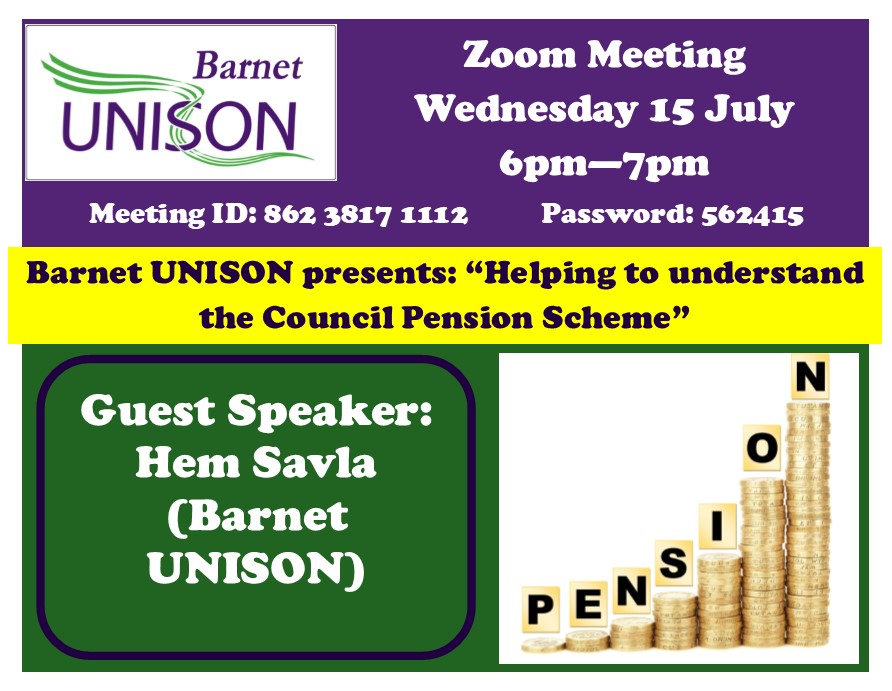
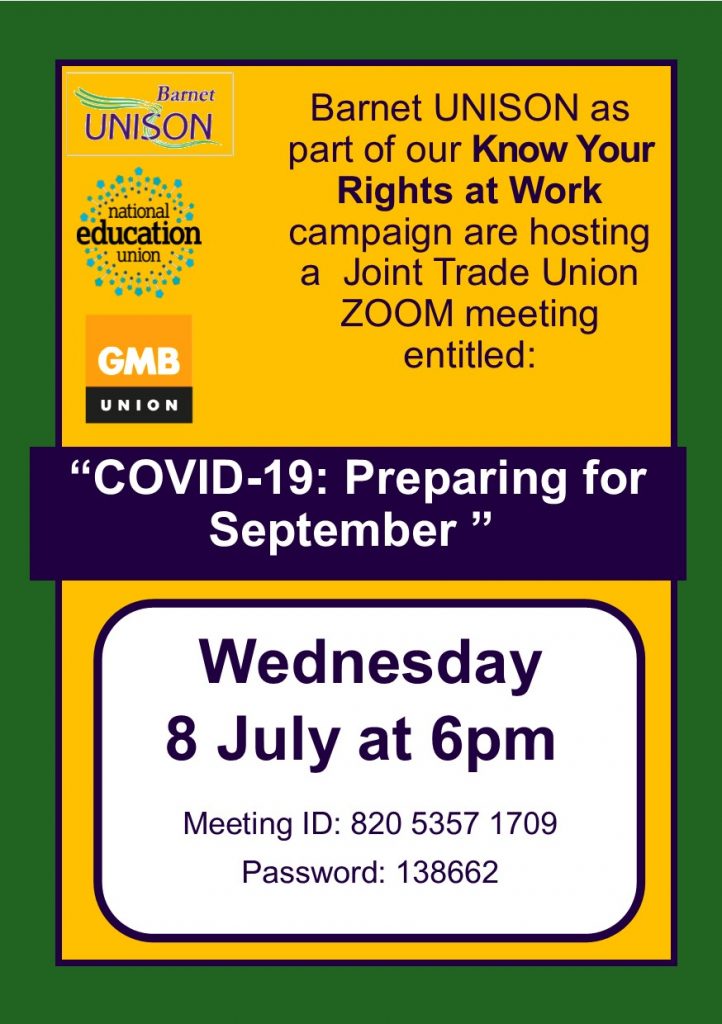
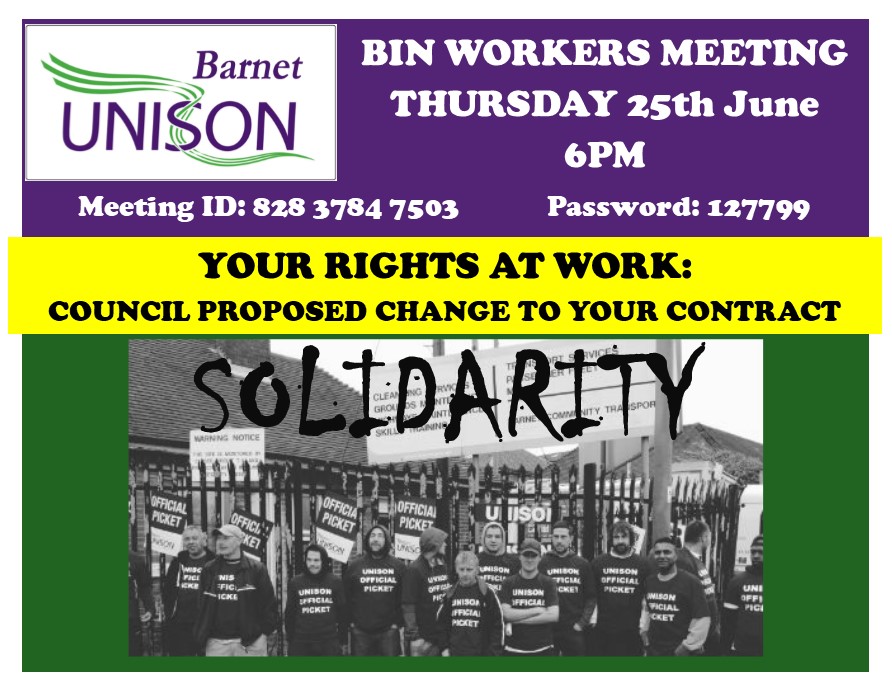 Barnet UNISON Bin workers Zoom Meeting.
Barnet UNISON Bin workers Zoom Meeting.